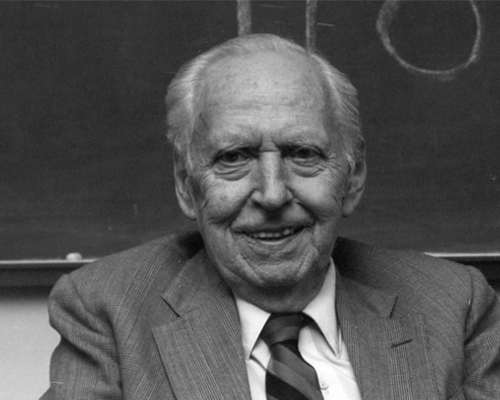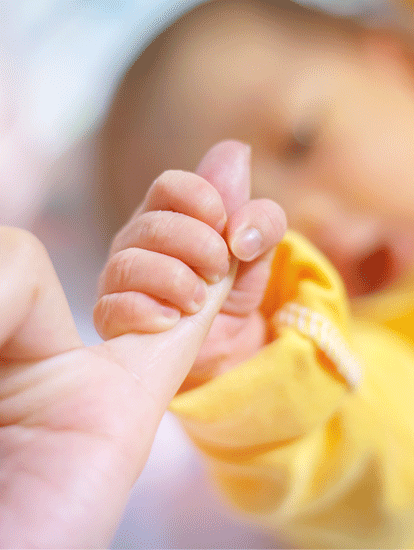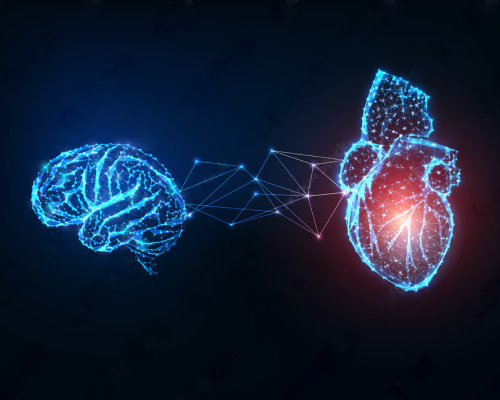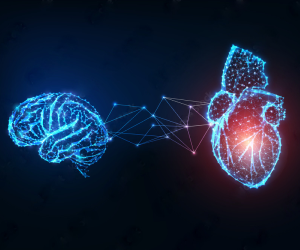How did Bowen Theory develop, how has it changed, and what it means in the 21st century.
Help support Bowen Theory Education. Please donate. Thank you!

Bowen family systems theory was developed by psychiatrist Murray Bowen in the late 1940s and early 1950s. It was first published in 1966.
It is based on research Bowen conducted at the Menninger Clinic, the National Institute of Mental Health, the Georgetown University Medical Center, and the Georgetown University Family Center in Washington, D.C.
Bowen’s family research project at the NIMH was able to have whole families living on the research ward for extended periods. Bowen and his staff conducted extensive observational research on family interactions.

Bowen family systems theory was developed by psychiatrist Murray Bowen in the late 1940s and early 1950s. It was first published in 1966.
It is based on research Bowen conducted at the Menninger Clinic, the National Institute of Mental Health, the Georgetown University Medical Center, and the Georgetown University Family Center in Washington, D.C.
Bowen’s family research project at the NIMH was able to have whole families living on the research ward for extended periods. Bowen and his staff conducted extensive observational research on family interactions.


5 important developments in Bowen theory and its applications occurred since 1990.


Recent developments in research lend credence to Bowen theory’s linking between chronic anxiety and the development of symptoms. This thinking leads to ways to address chronic anxiety by understanding its generation in relationships and changing the behaviors it stimulates rather than just managing anxiety internally.



Two reasons for my interest: Desire to anchor the individuality-togetherness concept in evolution, and develop a systems theory of the individual. The brain beyond the long-term research this book describes was Russian geneticist Dimitri Belyaev. Lyudmila

